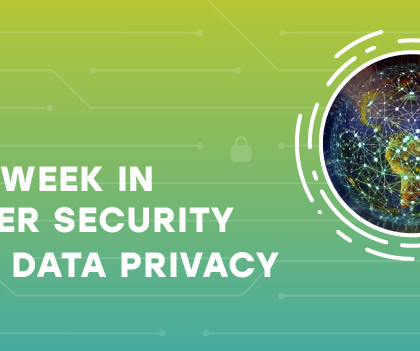GUEST ESSAY: The privacy implications of facial recognition systems rising to the fore
The Last Watchdog
NOVEMBER 19, 2018
Tech advances are accelerating the use of facial recognition as a reliable and ubiquitous mass surveillance tool, privacy advocates warn. Adoption of facial recognition technology is fast gaining momentum, with law enforcement and security use cases leading the way. Security use cases. billion by 2022. billion by 2022.














Let's personalize your content